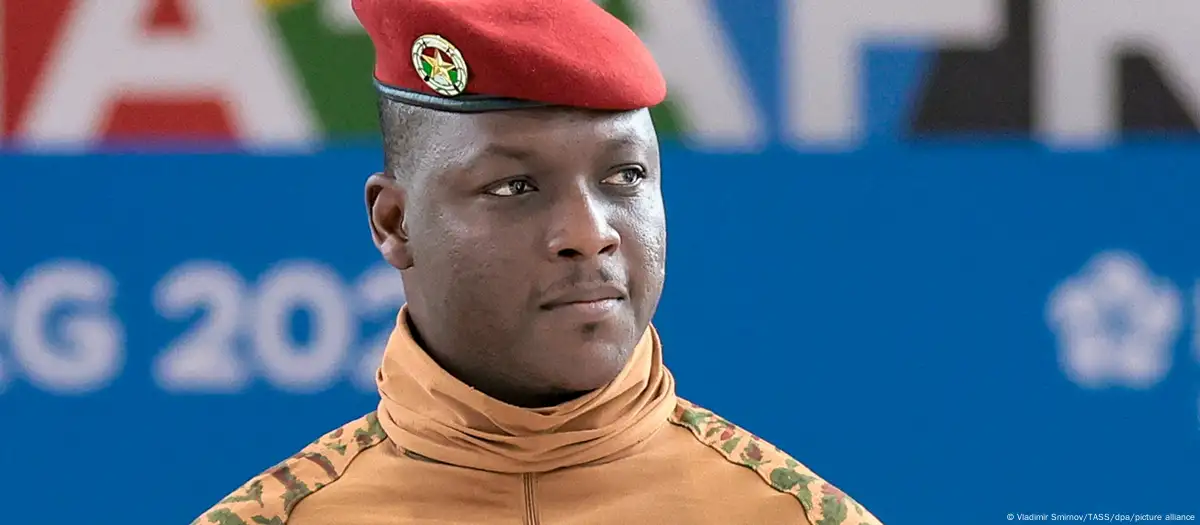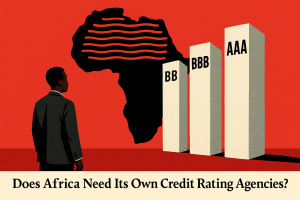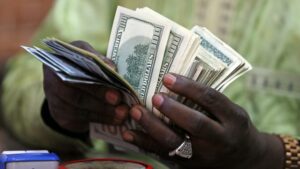Burkina Faso’s young captain-turned-president, Ibrahim Traoré, has ignited a wave of hope across the Sahel. At just 36, he is hailed as Africa’s youngest leader and has moved boldly on the issues plaguing his country: security, governance and the economy. His standing-room–only reception at a regional summit – where he received the loudest applause of any African head of state (ISS Africa, 2025) – reflects genuine excitement. Traoré has rolled out a series of popular reforms: he overturned a hefty pay raise for ministers and kept only his modest army captain’s salary (ISS Africa, 2025); he nationalized two major gold mines and halted raw ore exports, opening Burkina’s first state gold refinery (ISS Africa, 2025); and he has invested in tangible projects such as a new airport, support for cotton farmers and housing for conflict-displaced people (ISS Africa, 2025). He even rejected hefty loans from the IMF and World Bank, insisting Burkina Faso must chart its own path to development (ISS Africa, 2025). On paper, these initiatives are exactly the kind of “dignity through self-reliance” policies that many West Africans have long clamored for (ISS Africa, 2025).
These steps have won him enormous popularity among ordinary Burkinabè, especially the young. Many compare Traoré to the late revolutionary leader Thomas Sankara. His uncompromising anti-corruption message and pan-African rhetoric – refusing aid and courting new partners – tap into a deep well of national pride. For a generation weary of endless crises, he feels like a savior.
It would be reckless, however, to mistake that feeling for infallibility. History teaches that eager crowds can crown patriots only to watch them become tyrants. In Africa especially, the “savior leader” story has played out again and again. As one commentator bluntly warned, “We must stop idolizing leaders who do nothing but enrich themselves at our expense”(African Executive, 2024). Rather than a cult of personality, he argues, citizens should demand people-centered governance and sustainable development, not short-term gains (African Executive, 2024).
Across the continent’s post-colonial history, charismatic young officers have often veered away from their early promises. Take Ghana: in 1979 a 32-year-old flight lieutenant, Jerry Rawlings, burst onto the scene in a bloody coup. The press nicknamed him “Junior Jesus,” enthralled by vows to fight corruption and purge the old guard. Yet after nearly two decades in power his legacy was deeply mixed. The brutal crackdowns and authoritarian steps he took late in life tarnished the early hope (ISS Africa, 2025).
Uganda’s experience under Idi Amin offers a grimmer lesson. A hulking army chief with a roguish charm, Amin overthrew Milton Obote’s government in 1971 amid promises of new prosperity and even democracy. But within months he had “reestablished Obote’s dictatorship” under a cloak of terror (PBS, 2023). Historians note how Amin used a blend of “populist charm and brutal violence” to cement his rule (PBS, 2023). His early optimism – jobs and houses, a new stadium – evaporated as he unleashed his secret police. By 1975 Uganda was a police state; the butcher’s bill reached into the tens of thousands (Guardian, 2003). Those who cheered at Amin’s debut soon knew him instead as a savage despot.
Libya’s Muammar al‑Gaddafi followed a similar arc on a grander stage. In 1969 the just-turned-27-year-old colonel overthrew King Idris in a swift coup. On the radio he declared Libya a free republic of “brothers” with no master and no slave (The New Arab, 2019). He touted pan-Arab socialism and a new “Third Universal Theory” meant to solve all political ills (The New Arab, 2019). Initially many Africans admired his defiance of the West and promises of shared prosperity. But within a few years the hand of Gaddafi grew heavy. By the early 1970s he had scrapped parliament and ruled by a peculiar system of communes. Libya was soon described as “one of the strangest and most eccentric dictatorships the world had ever seen,” complete with cult-of-personality quirks (The New Arab, 2019). When Libya’s economy faltered, Gaddafi turned inward; political dissent became unthinkable. What had begun as a revolutionary fervor ended in four decades of authoritarian rule – wealth and some social gains, but at the price of liberty.
These are not merely exotic tales. In every case the people’s initial enthusiasm was genuine. Amin and Gaddafi did deliver some improvements (new schools in Uganda, welfare distribution in Libya) that made their takeover days popular. But unchecked power and paranoia followed close behind. A movement against corruption can morph into one man’s grip on all power.
Burkina’s context is different in many ways: it is wracked by jihadist insurgency, and its people have already suffered two coups in quick succession. Traoré has earned a rare latitude. He rightly boasts that “we don’t need more donations, we need dignity”. Still, the siren call of a savior is treacherous. Past experience suggests that even well-intentioned young leaders are tempted to cling on. Jerry Rawlings, once lauded as a clean-slate revolutionary, ended up banning parties and censoring media late in his career (ISS Africa, 2025). The Ghanaian youth who once saw him as a messiah were left ambivalent about his legacy.
Burkina Faso today cannot afford that to happen again. Whatever his charisma, Traoré must be treated not as a demi-god but as a servant of the people. As Alpha Jalloh of African Executive puts it, no one “will save us if we do not save ourselves. Citizens should applaud Traoré’s real achievements – and hold him strictly to account for promises. Civil society, traditional leaders, and even the international community must insist on transparency and checks-and-balances.
In short, Burkina’s applause should be practical, not providential. History grants no license for impunity, and no leader can be allowed to stand above the law. The new president’s moves on the economy and security are exactly what Burkina Faso needs – but they should not blind the nation to the principles of democracy that follow him. Burkina can celebrate progress, but it must cheer with caution, lest the trap of the “messiah” turn hope into heartbreak.
Sources: Data on Traoré’s popularity and policies is drawn from Institute for Security Studies reports(ISS Africa, 2025). Historical examples are documented by PBS and journalistic accounts(PBS, 2023)(The New Arab, 2019). Analyses of leadership cults and public expectations are discussed in regional commentary(African Executive, 2024) (ISS Africa, 2025)



